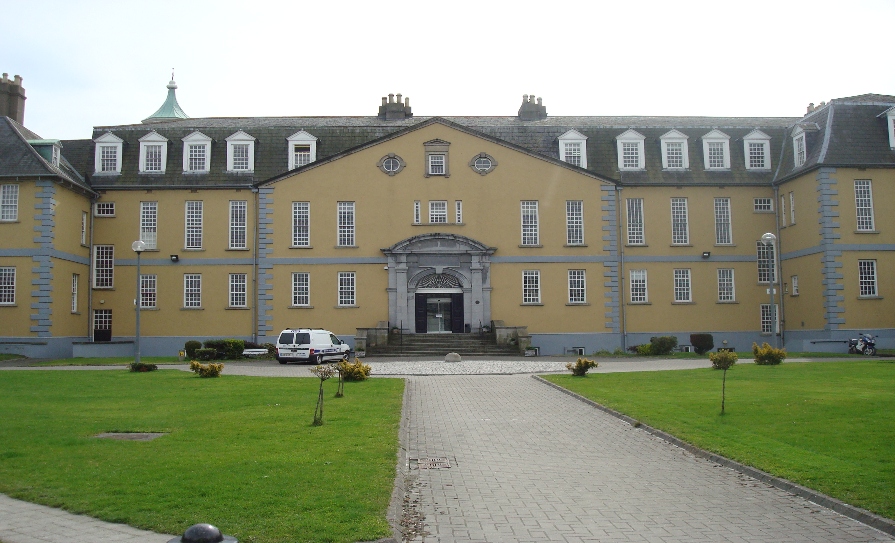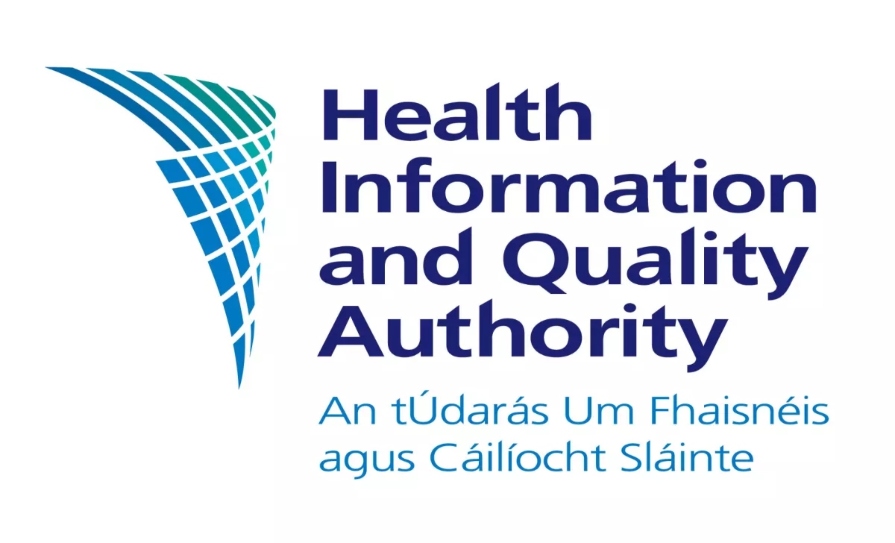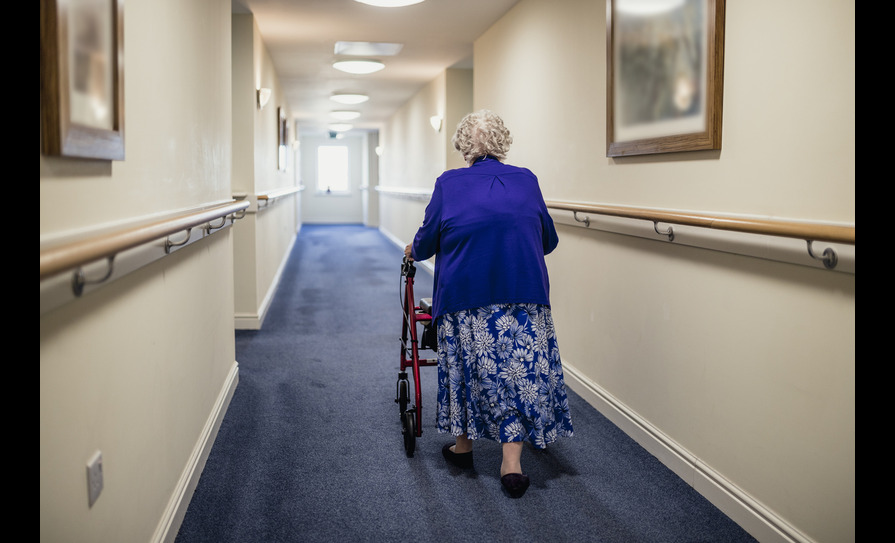The HSE has launched a new model of care for dual diagnosis to set out clear and integrated care pathways for people with a dual diagnosis. Dual diagnosis is the coexistence of mental health problems and substance misuse problems.
The model of care was developed by a national working group under the HSE National Clinical Programme for Dual Diagnosis. It is endorsed by the College of Psychiatrists of Ireland and was developed in partnership with HSE Social Inclusion, HSE Health and Wellbeing and the National Office of Suicide Prevention, and in collaboration with other stakeholders.
Launching the model of care, both Minister of State for Mental Health and Older People, Mary Butler, and, Minister of State with responsibility for Public Health, Wellbeing and the National Drug Strategy, Ms Hildegarde Naughton, welcomed this as an important step in the provision of services for those with a dual diagnosis.
Minister Naughton said: “This is a welcome step in enhancing service delivery for people with a dual diagnosis and ensuring that people living with addiction have equal access to mental health services at a time when they need it. This model of care supports our vision, as set out in Reducing Harm, Supporting Recovery 2017-2025, that ‘every person affected by substance use is empowered to improve their health and wellbeing and quality of life’.”
Minister Butler said: “Providing an integrated service will benefit people with mental health and substance misuse to receive treatment through a single care pathway. A tiered model of service provision is one of the recommendations in our Sharing the Vision – A Mental Health Policy for Everyone. It’s important that treatment options for someone with dual diagnosis should address both conditions.”
The model of care recommends integrated delivery of services by collaborating with different stakeholders relevant to the needs of an individual service user. Separate referral pathways for adults and adolescents have been proposed, with 12 adult dual diagnosis teams and four hub adolescent dual diagnosis teams recommended, as well as spokes’ services for adolescents with dual diagnosis across the country. As part of the model of care, it is also recommended to establish a HSE National Dual Diagnosis Rehabilitation Centre in Dublin in the future.
Speaking at the launch, Dr Narayanan Subramanian, HSE National Clinical Lead for Dual Diagnosis, said: “The collaboration among stakeholders in developing this Model of Care will ensure that a comprehensive approach is taken to the care of those with dual diagnosis. When established, the Dual Diagnosis services will provide significant support to the community adult and adolescent mental health teams, HSE addiction services, perinatal mental health services, voluntary bodies and Section 39 agencies providing service to those with dual diagnosis.”
He talked about the significance of including gaming and gambling disorders as part of the dual diagnosis in the second phase of the delivery, as this would greatly help both adults and adolescents with these behavioural addictions.
As recommended in the model of care, Dr Subramanian spoke about the initial adult dual diagnosis teams which are expected to commence in the Midwestern region based in County Clare in addition to another team based in Cork. Furthermore, he stated that the first adolescent hub dual diagnosis team is planned to be based in North Dublin and that further establishment of dual diagnosis teams will be based on available resources in the future.
The launch also highlighted the impact of the Seeking Safety Ireland programme. The programme was established in November 2022 through the National Clinical Programme for Dual Diagnosis. Its initial focus is on women with dual diagnosis who also have complex trauma histories. The aim of the programme is to teach individuals, through psycho-educational classes, how to successfully seek safety in their world, and runs across seven HSE Community Healthcare Organisations in partnership with HSE-funded agencies.












Leave a Reply
You must be logged in to post a comment.